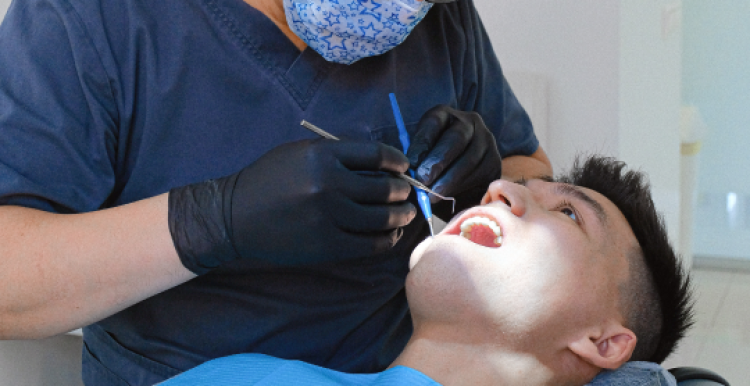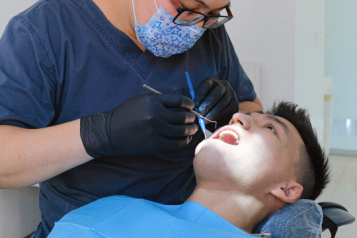NHSE sets out specification on urgent NHS dental appointments
NHS England has published a national specification and clinical guidelines to support the goal of delivering 700,000 extra urgent NHS dental appointments during 2025-26.

NHS England has published a national specification and clinical guidelines to support the goal of delivering 700,000 extra urgent NHS dental appointments during 2025-26.
The specification and clinical guidelines define the type of problems that count as urgent as well as stressing that patient access to these appointments shouldn’t be contingent on the practice already having the patient on their books.
However our national partners Healthwatch England have said they can still foresee issues around ongoing care for people who aren’t attached to a regular practice.
-
Agree the set days and time the urgent service will be available.
-
Share set days and times (and any subsequent unexpected changes to these) with NHS 111 and/or a local single point of access dental helpline.
-
Enable patients to access these appointments via NHS 111, any single point of access or directly contacting the dental practice.
-
Ensure that offering these types of appointments doesn’t disrupt the practice’s contractual obligations on providing routine NHS dental care..
The document also states:
‘Patients must not be denied access to an available unscheduled dental care appointment where they do not have an NHS number, GP registration or current permanent address. Patients must also be allowed access to an available unscheduled dental care appointment if they are not undergoing current treatment or are not known to a practice.'
The clinical guidance say urgent conditions are split into those that need care within 24 hours - such as knocked out teeth, infections that are spreading and severe dental and facial pain – and those that need to be seen within a week, such as loose crowns, bridges or veneers.
Depending on staff skill and capacity, practices can also provide emergency dental care – required within an hour for life-threatening injuries or uncontrolled bleeding – but this has to be decided on a case-by-case basis.
Once initial treatment and urgent care is provided, dentists are not mandated to carry on seeing that patient for longer-term stabilisation of their oral health. The practice ‘should support or signpost the Patient to access general, intermediate and specialised dentistry to address any ongoing oral health needs’.



